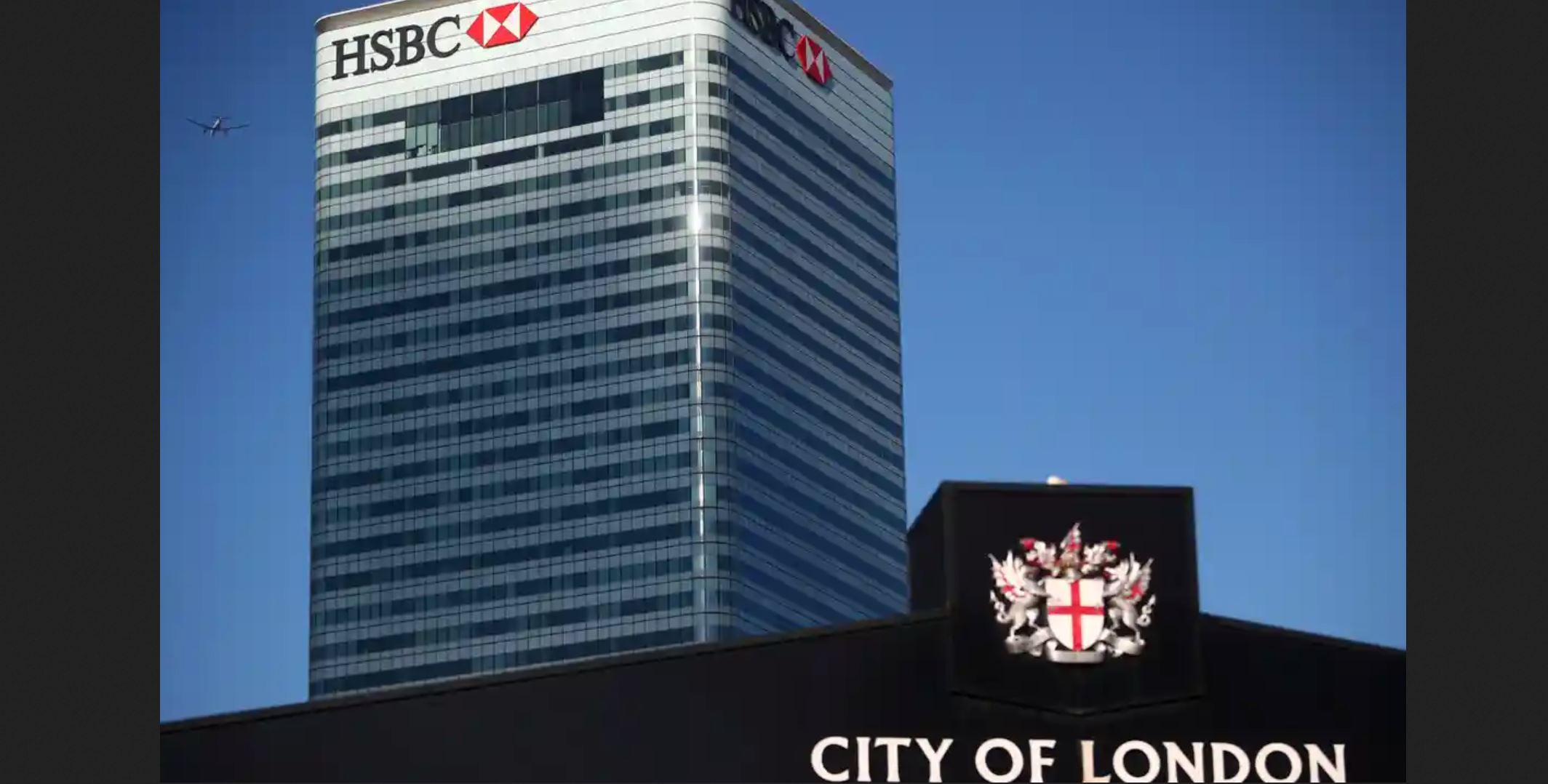 By Tyler Durden
By Tyler Durden
There is absolutely no way to avoid a great deal of pain coming to the commercial real estate market as companies dump or are planning to eliminate office space as the pandemic has changed the office’s role.
HSBC Holdings Plc is the latest company that will reduce its “real estate footprint” by 40% over the long-term, Group Chief Operating Officer John Hinshaw said in a conference call with analysts on Tuesday, according to Reuters.
Chief Executive Officer Noel Quinn said the bank would end leases on “premises elsewhere in London” when they were due for renewal. He said their Canary Wharf headquarters would be maintained.
“We are focused on those offices with support functions and head office activities when we talk about the 40% reduction,” Quinn said.
“We believe we’ll achieve it via a very different style of working post-COVID with a more hybrid model.
“Take London, for example, we will have the building at Canary Wharf, this will be the primary office but the nature of working in the office will change.”
Europe’s largest bank has allowed 85% of its employees to work-at-home; as many as 226,059 employees worked remotely during the pandemic. Many were given laptops and other devices to increase productivity. The bank believes in the hybrid working model and will likely continue implementing it even after the pandemic.
“We expect a change in the way we use our office space, recognizing the work-life balance and environmental benefits of hybrid working arrangements,” HSBC said in its annual report.
Accounting firm Deloitte released a recent study that said 76% of the 171 CEOs surveyed said plans have already been made to slash office space, a move that we’ve said could impact commercial real estate markets in major metro areas.
For the world’s financial capital, New York City, Manhattan’s office space market is already facing the highest availability of vacancies on record.
At some point, the commercial real estate market will have to face pain, but for now, according to Bank of America’s Michael Hartnett, “global central banks bought $1.1bn of financial assets every hour since March.” So, for now, the pain has been numbed, but a financial reckoning is on the horizon.
Source: Zero Hedge
Subscribe to Activist Post for truth, peace, and freedom news. Send resources to the front lines of peace and freedom HERE! Follow us on Telegram, SoMee, HIVE, Flote, Minds, MeWe, Twitter, Gab and Ruqqus.
Provide, Protect and Profit from what’s coming! Get a free issue of Counter Markets today.
HSBC To Slash Office Space By 43% As COVID Ushers In Hybrid Work